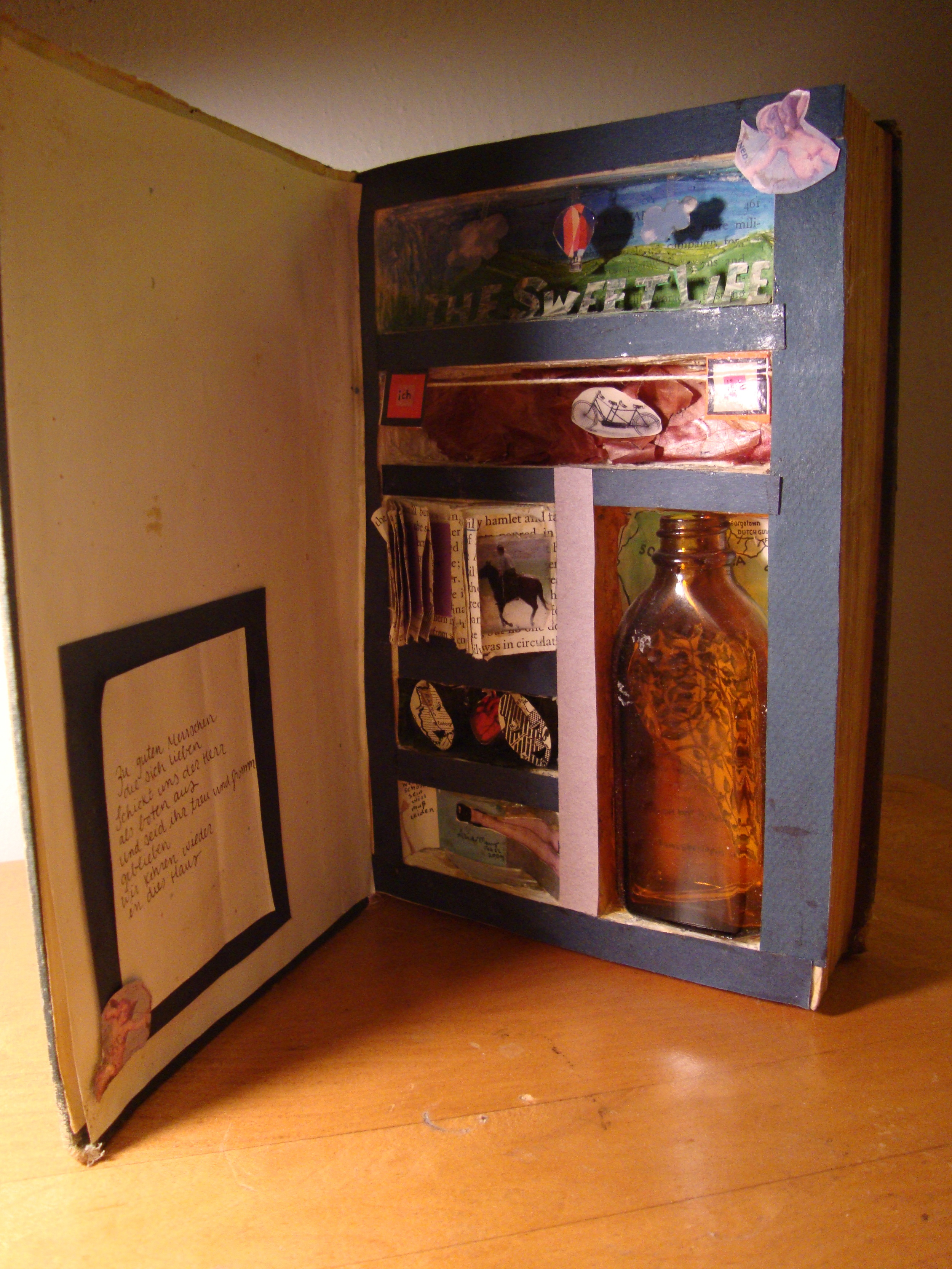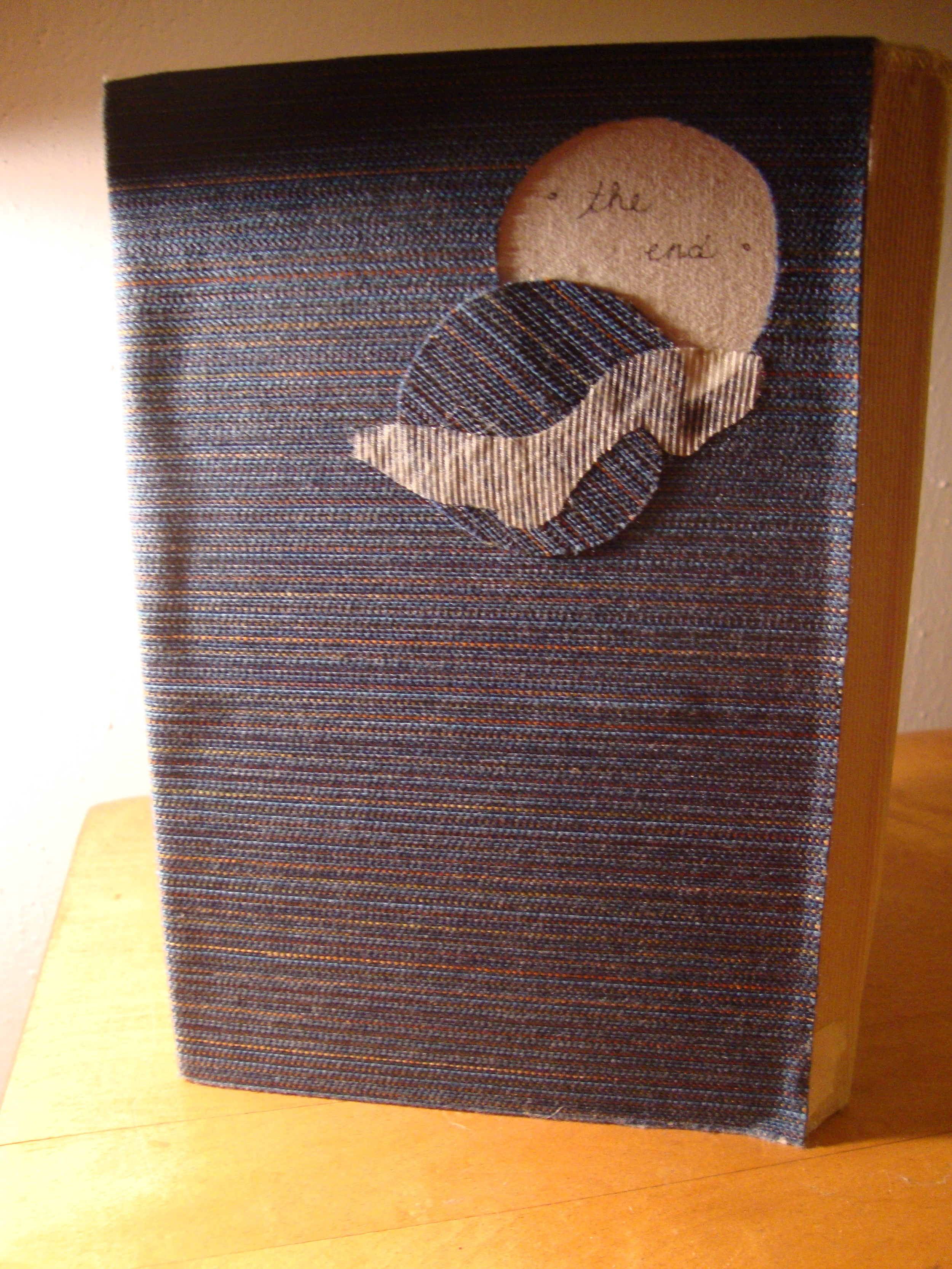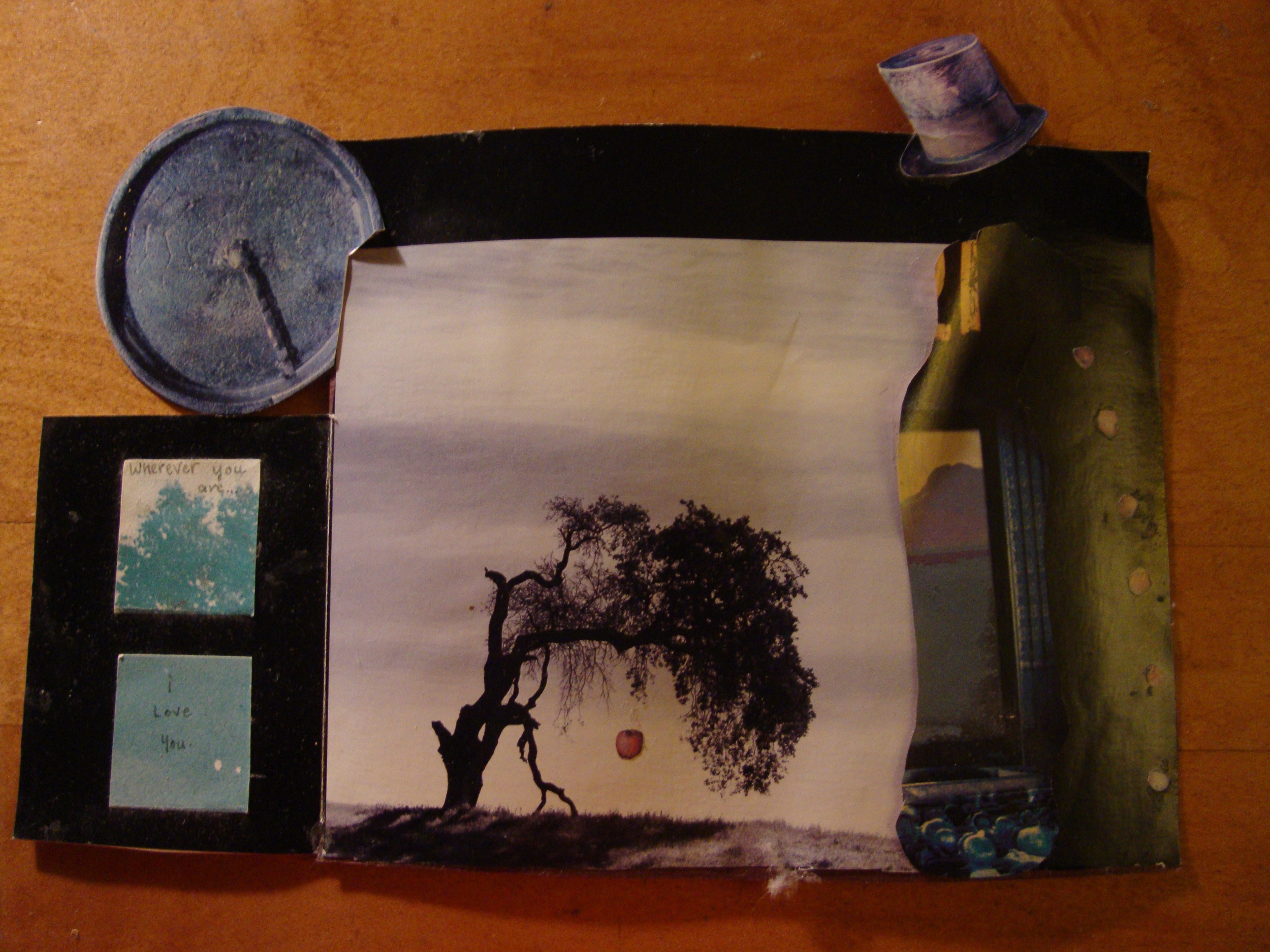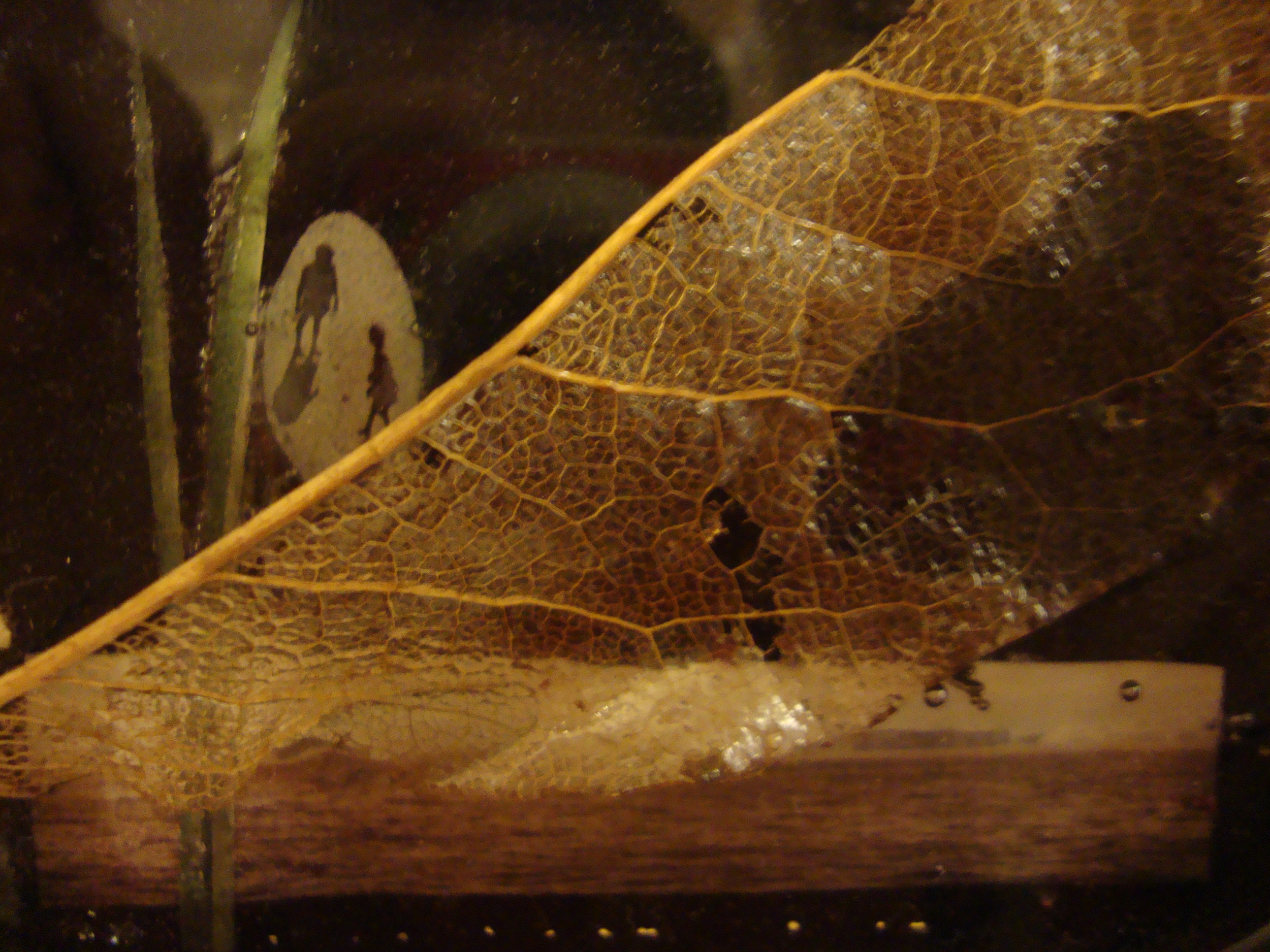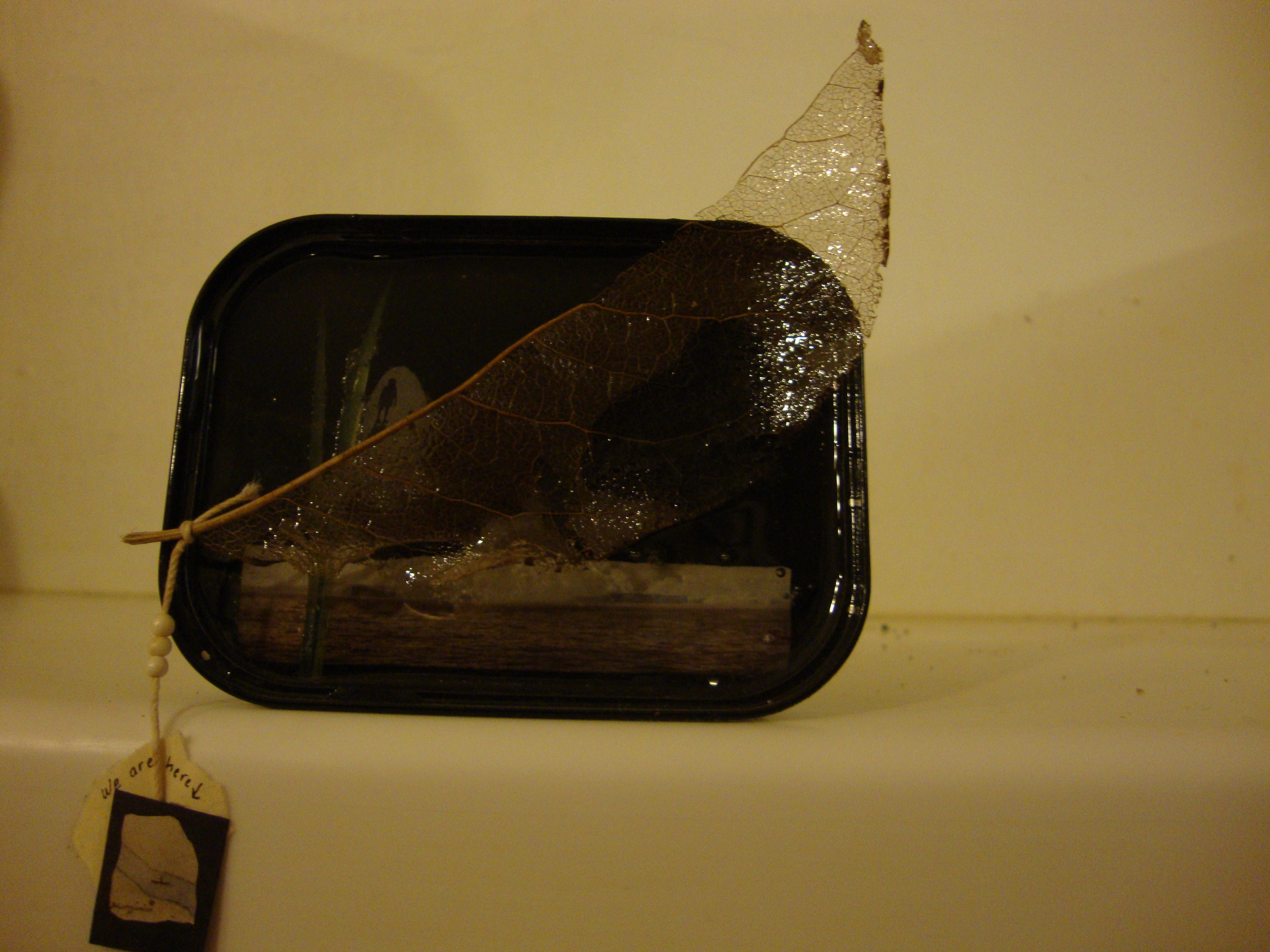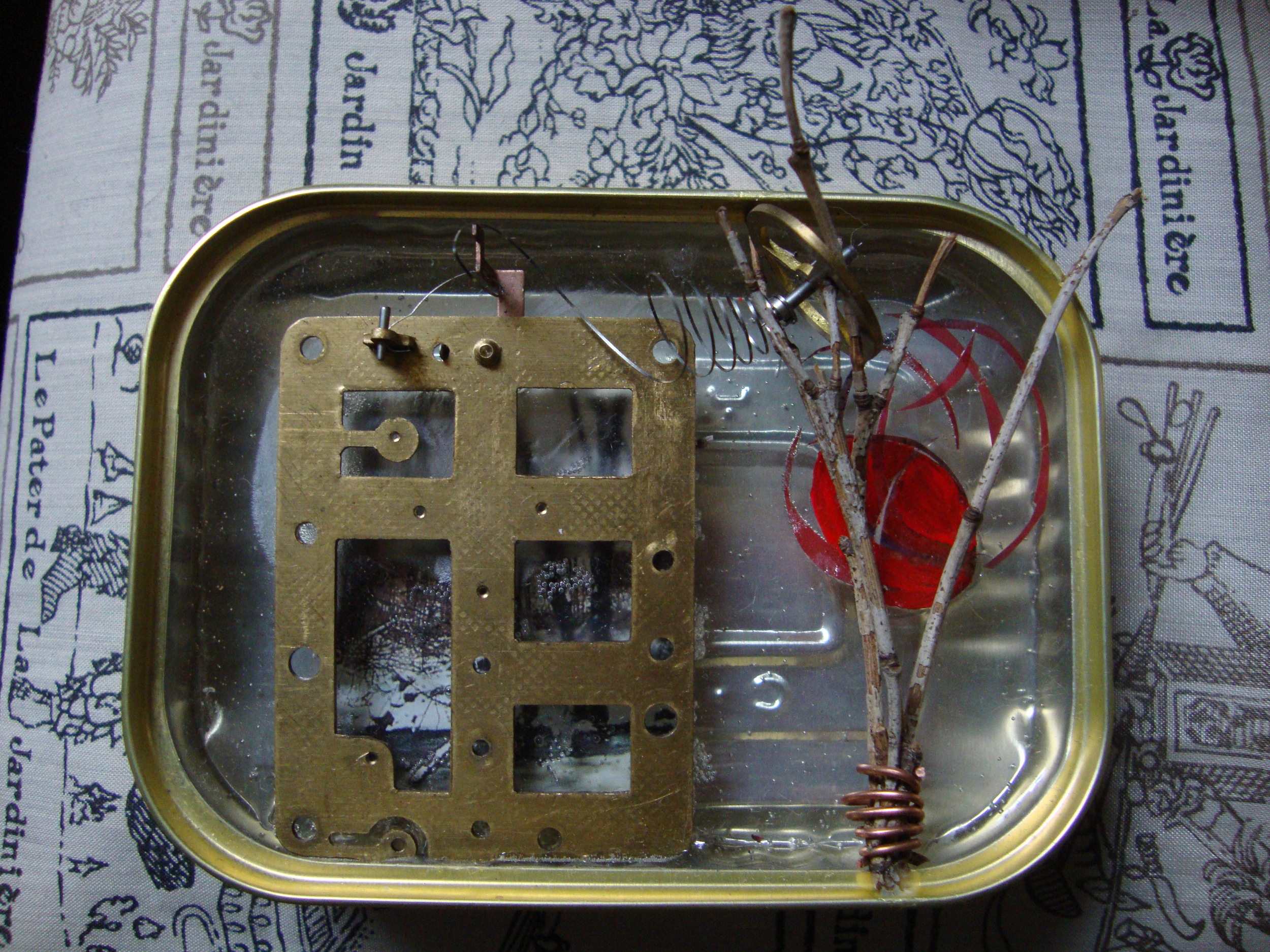Good advice if you can understand it.
Sleeping Pills for Chickens
A humane method for killing chickens. Should be a model for chicken farmers everywhere.
Wearing Wet Shoes
One man's method of reminding himself that wearing dry shoes is important to your health.
Development of the Sit Com
Perhaps a dubious explanation, but worth consideration.
I have added this to my podcast as well.
Art Tatum
Art Tatum, one of the greatest jazz pianists of all time. Listen to him play Somewhere Over the Rainbow. (Sorry about the brief commercial preceding this.)
True Grit, Dog of the South, Masters of Atlantis, by Charles Portis
Seattle's Book-It theater just presented Dog of the South, the funniest play I have ever seen, funnier even than Larry Shue's The Foreigner. After reading about Charles Portis in the playbill, I immediately downloaded True Grit and read it through with few breaks, well aware it would not be humorous.
Fourteen-year-old Mattie Ross is looking for a marshal to track down her father's killer. She asks the sheriff,
"Who is the best marshal they have?"
The sheriff thought on it a minute. He said, "I would have to weigh the proposition. There is near about two hundred of them. I reckon William Waters is the best tracker. He is a half-breed Comanche and it is something to see, watching him cut for sign. The meanest is Rooster Cogburn, He is a pitiless man, double-tough, and fear don't enter into his thinking. He loves to pull a cork. Now L. T. Quinn, he brings prisoners in alive. He may let one get by now an then but he believes even the worst of men is entitled to a fair shake. Also the court does not pay any fees for dead men. Quinn is a good peace officer and alay preacher to boot. He will not plant evidence or abuse a prisoner. Yes, I will say Quinn is about the best they have."
I said, "Where can I find this Rooster?"
John Wayne won his only Oscar in the first movie version of the book, a book which all agree is a masterpiece.
I was on a Portis kick now and just finished The Masters of Atlantis, back to humor.
Lamar Jimmerson has an ancient Greek text translated into English.
He committed the entire work to memory, all eighty-eight pages of Atlantean puzzles, Egyptian riddles and extended alchemical metaphors. He knew every cone and every triangle by heart, just as he knew the 13 Hermetical Precepts, and how to recognize the Three Secret Teachers, Nandor, Principato and the Lame One, should they make one of their rare appearances before him in disguise. Soon he began to wonder if he might not be an Adept. He became sure of it one afternoon when he overheard a remark in the street--"Don't worry about Rosenberg."
Jimmerson becomes one of the two masters of the Gnomon society. When he is invited to Texas by a Mr. Moaler, Moaler's son Big Boy is aggrieved and asks for an investigation of the cult. Austin Popper responds to the request from the inquiring committee.
Senator Churton said, "Thank you for coming, Mr.--is it Popper or Wilson?"
"Popper."
"Mr. Popper then. Thank you for coming and bearing with us. We're running very late. Your boss, I understand, has taken to his bed with the sniffles, or should I say, Mr. Moaler's bed. Is he feeling any better?"
"He was able to eat a little solid food last night."
"Always a good sign. Senator Moaler tells it a little differently. He tells me that this crafty old man, Mr. Jimmerson, is down there in his daddy's trailer lounging around in his shorty pajamas and eating like a hog, with a broad sheen of grease around his mouth, just smacking his big lips around for more."
"I'm not surprised he called in sick," said Senator Gammage. "Eating like that at his age."
"Not true," said Popper. "And I was not aware that Senator Junior Moaler was a member of this committee."
"Big Boy is here at my request. He is acting as an adviser. All perfectly proper. His father's homestead is overrun by a swarm of mystical squatters and you wonder he takes a personal interest?
Later in the interrogation.
" . . . What are you Gnolon's up to? We don't have to know your passwords or your secret winks and nods but we would like to get some general idea of your mission."
"It's the Gnomon Society, not the Gnolon Society . . . "
" . . . What can you tell us, Mr. Popper, about Mr. Jimmerson's police record?"
"He has no police record."
"So you say. According to my information he was released from a maximum security prison in Arizona in June of 19 and 58 after serving seven years of a ten-year sentence for armed robbery and aggravated assault. He was going by the name of James Lee 'Jimbo' Jimmerson at the time. It says here he played various percussion instruments in the prison band."
"That would be another Jimmerson."
Well, that's a taste of Charles Portis's range. Currently I'm reading his Norwood, also very funny.
As many of you know, True Grit was made twice made into a movie. John Wayne won his only Oscar as Rooster Cogburn.
Here
Frame of Reference by John McPhee in the New Yorker, 9 March 2015
This article is an excerpt from Frame of Reference, an article in McPhee's on-again-off again series The Writing Life.
" . . . we have come upon a topic of first importance in the making of a piece of writing: its frame of reference, the things and people you choose to allude to in order to advance its comprehensibility. Mention Beyonce and everyone knows who she is. Mention Veronica Lake and you might as well be in the Quetico-Superior. Obviously if you mention New York, you can count on most readers to know what that is and where. Mention Vernal Corners and you can't. It's upstate. What would you do with Scarsdale? Do you need to say where it is? Step van, Stanley Steamer, black-and-white unit, goose-neck trailer. If you know what a goose-neck trailor is, raise your hand.
Veronica Lake (November 14, 1922 – July 7, 1973) actress
Quetico Superior - boundary waters of Lake Superior between Minnesota and Ontario
Fifth Business by Robertson Davies an excerpt
Fifth Business (1970), rich, and elegantly written, is the life story of Dunstan Ramsay.
When he was a boy, his friend and enemy Percy Boyd Staunton hits the minister's wife in the head with a snowball, leading to her collapse and premature delivery of her son, Paul.
When next I met him after that bad afternoon, we approached each other warily, as boys do after a quarrel, and he seemed disposed to talk. I did not at once speak of the birth of Paul, but I crept up on the subject and was astonished to hear him say, "Yes, my Pa says McCausland has his hands full with that one."
"The baby came too soon, " said I.
"Did it?" said he, looking me straight in the eyes.
"And you know why," I said.
"No I don't."
"Yes you do. You threw that snowball."
"I threw a snowball at you, " he replied, " and it gave you a good smack."
I could tell by the frank boldness of his tone that he was lying. "Do you mean to say that's what you think?" I said.
"You bet it's what I think," said he. "And it's what you'd better think too, if you know what's good for you."
We looked into each other's eyes and I knew that he was afraid, and I knew also that he would fight, lie, do anything rather than admit what I knew. And I didn't know what in the world I could do about it.
When he was fifty he meets mysterious magician Eisengrim. Here Eisengrim addresses Ramsay.
"You remarked that we did not smile much in the performance; no jokes, really. A smile in such a show is half a cringe. Look at the magicians who appear in night clubs; they are so anxious to be loved, to have everybody think 'What a funny fellow,' instead of 'What a brilliant fellow, what a mysterious fellow.' That is the disease of all entertainment: love me; pet me, pat my head. That is not what we want."
"What do you want? To be feared?"
"To be wondered at." This is not egotism. People want to marvel at something, and the whole spirit of our time is not to let them do it. They will pay to do it, if you make it good and marvelous for them. Didn't anybody learn anything from the war? Hitler said, 'Marvel at me, wonder at me, I can do what others can't'--and they fell over themselves to do it. What we offer is innocent--just an entertainment in which a hungry part of the spirit is fed. But it won't work if we let ourselves be pawed and patronized and petted by the people who have marveled. Hence out plan."
Fancies and Goodnights by John Collier an Excerpt
Fancies and Goodnights (1951) won the International Fantasy Award. The stories are beautifully constructed and strikingly memorable. Here's an excerpt from the short story, Half Way to Hell.
Louis Thurlow, jilted by his girlfriend takes an overdose of sleeping pills and finds himself dead in his suite at Mutton's. He rises, invisible, and begins to roam the streets of London when a fiend takes him in charge, for he is to go to hell. The fiend shows him the escalator in the underground that leads to hell.
For the rest of it, it was made just like all other escalators, except in matters of details. Its sides were adorned with pictorial advertisements of temptations, some of which Louis thought might be very interesting. He could have stepped on, for there was no barrier or ticket collector, but, as we have seen, he liked to take his time.
Now and then, he and his companion were jostled by other fiends and their charges. I am afraid some of the latter were behaving in rather an undignified manner, and had to be marched along in a sort of policeman's grip. The effect was rather degrading. Louis was interested to see, however, how tremendously the escalator accelerated once it felt the weight of these infernal policemen and their victims. It was a tremendous spectacle to see this narrow moving chain, dimly lit, roaring, rushing down, looping the distance between Earth and Hell, which is greater than one would imagine.
"What did you do before this sort of thing was invented?" asked Louis.
"We had to leap down, like chamois, from start to star," replied the fiend.
Having developed a cold waiting for Louis, the fiend agrees to go to a bar for a drink of Quetch which tastes like liquid fire.
The fiend disdained a glass, and put the bottle to his lips, whereupon Louis saw, to his great amazement, this powerful form of brandy was actually brought to the boil. The fiend appeared to like it. When the liquid was gone, he sucked away at the bottle, the melting sides of which collapsed like the skin of a gooseberry sucked at by a child. When he had drawn it all into his mouth, he smiled, pursed his lips, and blew out the glass again, this time more like a cigarette smoker exhaling his first puff. What's more, he didn't blow the glass into bottle shape as formerly, but into the most delightful statuary piece, most realistic, most amusing. "Adam and Eve," said he laconically, placing it on the table to cool.
"Oh, very, very good!" cried Louis. "Can you do Mars and Venus?"
"Oh, yes," said the fiend. Louis immediately commandeered several more bottles of Quetch.
The Architecture of the Ozarks by Donald Harington - excerpt
Donald Harington has been described as Arkansas's Faulkner. His novels about the little town of Stay More are whimsical and enthralling. In the excerpt below, the founder of Stay More, Jacob Ingledew, meets the indian Fanshaw.
From the woods on the hillside, Jacob Ingledew watched the camp for three and one-half hours before Fanshaw emerged, stooping, from his house. Jacob decided that the village, which consisted of twelve other dwellings similar to the one in our illustration, must be deserted except for Fanshaw. A field to one side of the village was devoted to the cultivation of corn, squash, beans, and, Jacob had been pleased to see, tobacco. Although Jacob, like all Ingledew men, was uncommonly shy, so great was his desire for tobacco that, after bobbing his prominent Adam's apple a couple of times, he began walking toward Fanshaw. Instantly Fanshaw saw him and kept his eyes fastened upon him the whole length of his approach. Jacob Ingledew walked slowly to signify he was friendly.
Fanshaw descried a man of his own height, tall, dressed in buckskin jacket and trousers, wearing a headpiece made from the skin and tail of a raccoon, thin, blue-eyed, brown-haired, long-nosed, and carrying not a rifle but a half-gallon jug with a corncob stopper.
Jacob Ingledew saw a man of his own height, tall, dressed in buckskin moccasins and leggings that covered only his legs, the space between breached with a breach clout, wearing a headpiece (actually just a bandeau) of beaver skin, eagle feathers in the roach of his hair, muscular, dark-eyed, bronze-skinned, long-nosed and naked from waist up except for a necklace of several dozen bear claws.
Jacob Ingledew spoke, rather noisily from nervousness: "How! You habbum 'baccy? Me swappum firewater for 'baccy. Sabbe?"
"Quite," said Fanshaw.
Fanshaw speaks an Englishman's English.
Metropole by Ferenc Karinthy - excerpt
Metropole, first published in English in 2008, (originally published as Epepe in Hungarian in 1970) is gripping throughout.
Budai, an accomplished linguist, ends up in a country whose language is utterly for foreign to him. He cannot find his way home. The only person he develops a relationship with is the girl running the hotel elevator:
Budai pointed to himself and repeated his name a few times then pointed to her questioningly. She gave another laugh and answered with a two-syllable word. He didn't quite catch it, and asked again.
'Pepe? Tchetche?'
Her pronunciation was so odd it might have been Bebe, Veve, Gege, Dede or anything else: each time she said it, it sounded different, sometimes it even sounded as if it had three syllables - Edede or Bebebe, though this might have been merely a pet name or an inflected version of her proper name. There was a constant buzzing by this time, hordes of people must have been waiting on the floors below. Her break over, she stubbed out her cigarette and Budai entered the lift with her. As they descended it filled up with passengers again wedging themselves between him and her so they could not see each other at all. Only once they had reached the ninth floor could their eyes meet and exchange a complicit glance of farewell
Cold Comfort Farm - excerpts
Written in 1931, Cold Comfort Farm, by Stella Gibbons, is one of the funniest books I've read. And it's also well-written. These excerpts are a taste:
Nineteen year old Flora Poste's parents have died, leaving her with no property. She begins writing to relatives in search of a place to stay:
But Flora was reading the third letter. Her mother's cousin in South Kensington said that she would be very pleased to have Flora, only there was a little difficulty about the bedroom. Perhaps Flora would not mind using the large attic, which was now used as a meeting-room for the Orient-Star-in-the-West Society on Tuesdays, and for the Spiritist Investigation League on Fridays. She hoped that Flora was not a sceptic, for manifestations sometimes occurred in the attic, and even a trace of scepticism in the atmosphere of the room spoiled conditions, and prevented phenomena, the observations of which provided the Society with such valuable evidence in favor of Survival. Would Flora mind if the parrot kept his corner of the attic? He had grown up in it, and at his age the shock of removal might well prove fatal.
On the farm:
The beasts stood with heads lowered dejectedly against the wooden hoot-pieces of their stalls. Graceless, Pointless, Feckless, and Aimless awaited their turn to be milked.
Flora asks Mrs. Murther the landlady if she "did" lunches:
A smile indicating a shuddering thankfulness, as of one who peers into a pit into which others have fallen while she has escaped, passed over the face of Mrs. Murther, as she replied that she did not.
Cat Woman?
Kitten and Owner Need Much Attention
14. Birdbrain
3. Putting Things into Kids' Heads
Click below the drawing to listen to the audio file.
4. Investing in Nature
Click on the audio file under the picture.
2. Was It a Legitimate Abduction
Look below the image for the audio clip. Very scary. If you are under fifty years of age have an adult sit with you while you listen.
1. No Dummy
This story has the ring of truth, I've been told. Play the audio file below the picture.
Alice Manos's Art
Collages, constructions, sculptures: Parents' Story (book construction; 4 photos), Apple, Balloon, Leaf (closeup), Leaf, Welt, Ship, Window.





